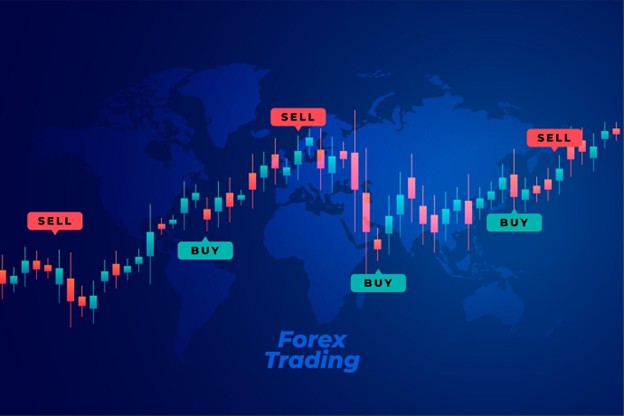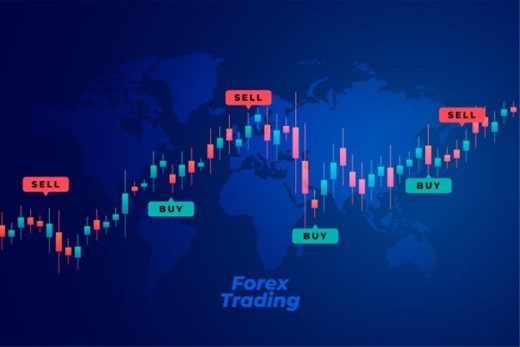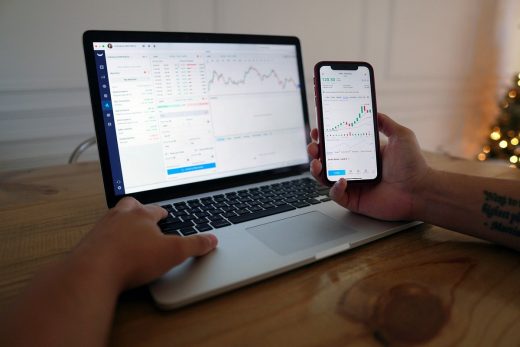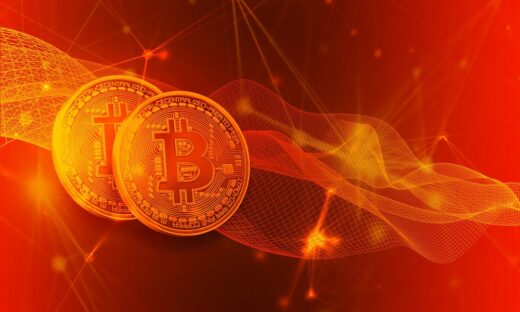Forex trading technology evolution guide, Manual to AI broker advice, Analytical engine
The Evolution of Forex Trading Technology: From Manual to AI
12 August 2024
The Forex market has evolved from traditional manual trading to algorithmic trading and now artificial intelligence. This has also altered the way we interact with the market in terms of exchange, making it more efficient, more convenient, and more complex.
The Old Days: Manual Exchange
Initially, the trading of Forex was a manual affair. This meant that traders had to call brokers to place their orders and were entirely dependent on themselves.
It was time-consuming and the process could be compounded by human error hence leading to delay and incorrect results. Large financial companies had a strong control over the market leaving a small space for other traders.
Electronic Trading
It was quite significant when electronic trading platforms were introduced in the 90s. These platforms provided the traders with direct market access and there was no need for them to call brokers to place the trades.
This facilitated the process and made the market more accessible to the individual traders. Live quotes, rich charts, and even technical analysis are no longer a luxury so that traders could make better decisions.
Algorithmic Trading
The Forex market shifted for the third time with the advent of algorithmic trading. A mechanized exchange based on predetermined rules could be carried out at a higher speed as compared to a manual exchange.
This reduced the impact of emotions and enabled more rational and coherent trading patterns to be implemented. Algorithmic trading also provides backtesting, where a trader can enter his/her algorithm and check how it would fare given certain data.
AI and Machine Learning
Trading has been brought to another level by the use of Artificial Intelligence and Machine Learning. They can also process large amounts of data, market data, news sentiment, and social media activity to forecast market trends with a high level of precision.
AI and ML can learn and adapt on the fly. This has ensured that retail traders have been able to have access to tools that earlier on were only accessible to institutional investors.
Types of Exchange
As Forex technology advanced, so did the types of accounts available to traders. One of them is the Forex Raw Account offered by Justmarkets.
Unlike standard accounts that have broker markups, a raw account gives you direct market access with raw spreads from liquidity providers. This means much tighter spreads, perfect for high-frequency traders and scalpers who need precise and fast execution.
Benefits of a Forex Raw Account:
- Lower Costs: Raw spreads without additional markups.
- Higher Transparency: Direct market access means transparent pricing.
- Faster Execution: Suitable for strategies that need quick execution.
Mobile Apps
Mobile trading apps have made Forex more accessible. These apps allow traders to monitor markets, trade, and manage accounts anywhere. Real-time data, customizable alerts, and comprehensive analytical tools so traders can stay connected and responsive to market changes.
Benefits of Technology in Forex
More Accessible
Technology has made Forex available to everyone, not just big institutions. Online platforms have simplified the process so you can trade currencies easily.
These platforms have user friendly interfaces and often come with mobile apps so you can trade anywhere. And with a wealth of educational resources online, newbies can learn the basics and advanced strategies.
Cheaper and Faster
With electronic trading, costs have come down dramatically. An Automated FX advisor and direct market access have eliminated many intermediaries so transaction costs are lower.
Forex exchange is now more affordable for more people. And trades can be executed in milliseconds thanks to technology. This reduces slippage and allows you to pounce on market opportunities faster.
Future Trends: What’s Next in Forex Trading?
The future of Forex trading looks bright with DeFi and quantum computing. Quantum computing can analyze market data like never before and help traders identify complex patterns and make more accurate predictions. The ability to process massive data sets in seconds will change strategies.
DeFi will reshape financial transactions by eliminating the need for traditional middlemen like banks. It uses blockchain to enable peer to peer transactions which can reduce costs and increase transparency.
With DeFi, smart contracts can execute trades based on predetermined conditions, so the process is more efficient and secure. These will further democratize the market so it will be easier and safer for everyone to participate.
Conclusion
Technology has changed Forex trading a lot, making it more accessible, cheaper, and more complex. From manual to AI driven systems, each technology has brought new opportunities and challenges.
As technology moves forward, you must stay informed and flexible to make the most of it. Whether you’re a newbie or a seasoned trader, you must understand these technologies to survive in the Forex market.
Comments on this Guide to Forex trading technology evolution article are welcome.
Forex Trading
Forex Trading Posts
Buildings
Residential Architecture
Comments / photos for the Forex trading technology evolution, manual to AI guide page welcome.









